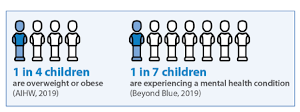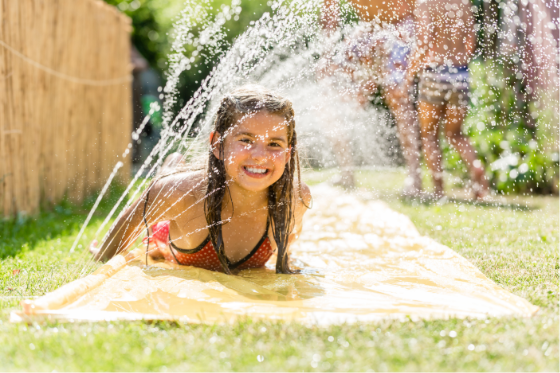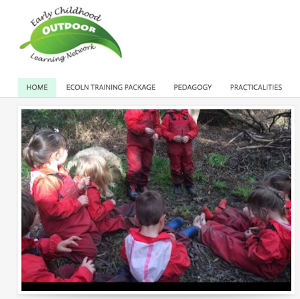
Authors Dr Jo Bird and Dr Sue Elliott, University of New England
As experienced academics in the early childhood education field with a focus on digital technologies and outdoor nature play, we are well experienced in the tensions raised for and by, parents and educators in The Conversation piece. We agree with the positioning of the article, Child’s Play in time of COVID: Screen games are still ‘real’ play, that a balanced approach is critical and reinforce the need for a ‘varied diet of play activities’.
The Child’s Play in time of COVID article refers to primary aged children and we are concerned that comments raised will have implications for the birth to 8 early learning years, which is a developmentally critical phase. We believe digital play does not substitute for face to face authentic real time play and should not replace all other forms of play. Following the National Physical Activity Guidelines, children under two years should have no screen based time, with older children only having one hour. Of course, this depends on the type of screen time and the provided applications (apps), with some encouraging more active interaction and learning, while others encourage passive watching of the screen. Depending on the type of screen play provided by the device and the apps installed, the dynamics and responses can become somewhat predictable with repeated play, whereas offline, real world play invites real world responses that we would argue are less predictable. Research around how parents and educators interact with children during screen time shows often they do not know how to support this kind of play, but when they do, children learn more and the experience builds the relationship between the two (Early Childhood Australia’s Statement on Young Children and Digital Technologies).
Screens are a part of our daily reality and limiting or avoiding them with young children can be difficult, but we support exploration of the type of play children engaged in with devices and to create a balance with all other forms of play, especially outdoors.
Even with tightest lockdowns in Victoria everyone is still permitted to venture outdoors, as governments have recognised the importance of being outdoors. It is great to see the images of children in playgrounds when they re-opened and those involved in play within their own backyard. Encouraging outdoor, sustained and repeated engagement in physical activity and play can counteract some of the negative statistics that are surfacing. For instance, health and wellbeing concerns including the rise in obesity levels (see the Children & Nature website) and the lack of core strength from too much sitting. Screen time does not build children’s sensory skills; therefore, children need exposure to other forms of play. Risk is another skill children need to develop and while some apps create a sense of risk for children, it is building their spatial awareness and understandings of physical challenges that comes with physical risks. While parents find online and indoor pursuits are safer and more manageable these don’t build physical or risk management skills.

The exponential growth of nature play programs worldwide and advocacy for nature play, provides opportunities to counteract screen time with time in nature that also promotes positive mental health outcomes.


